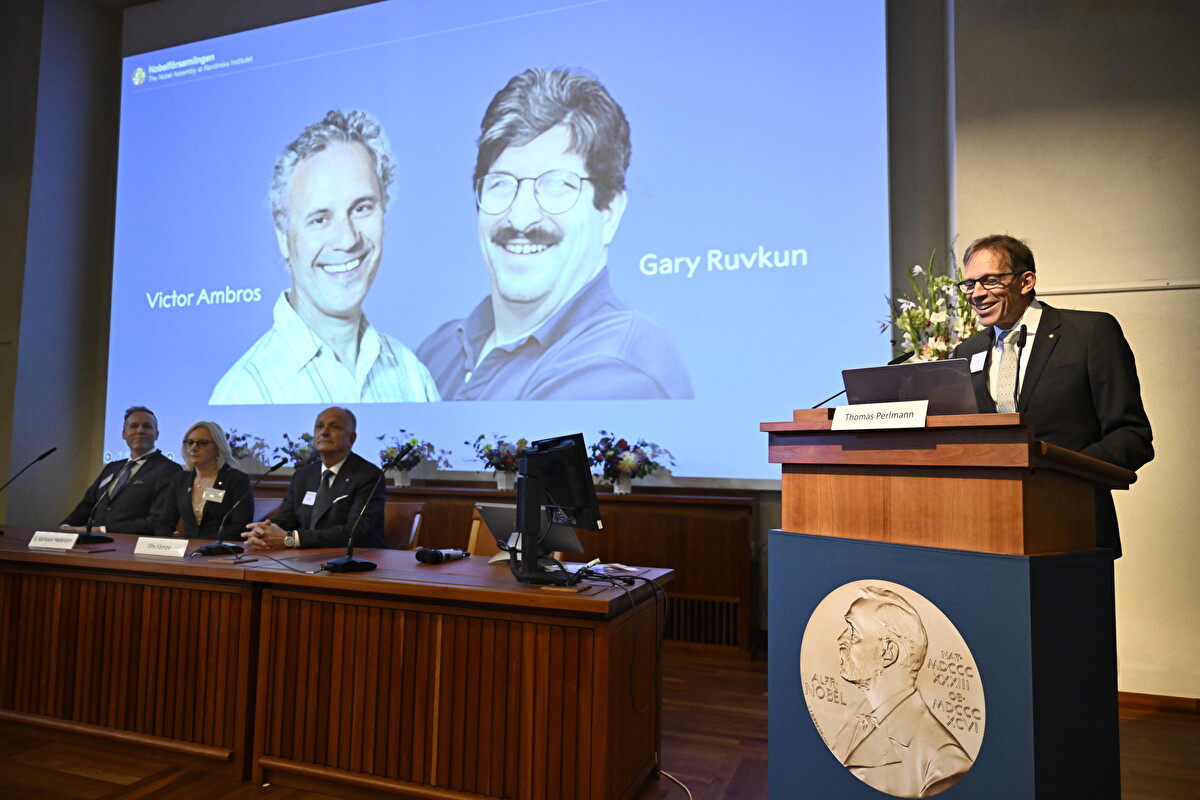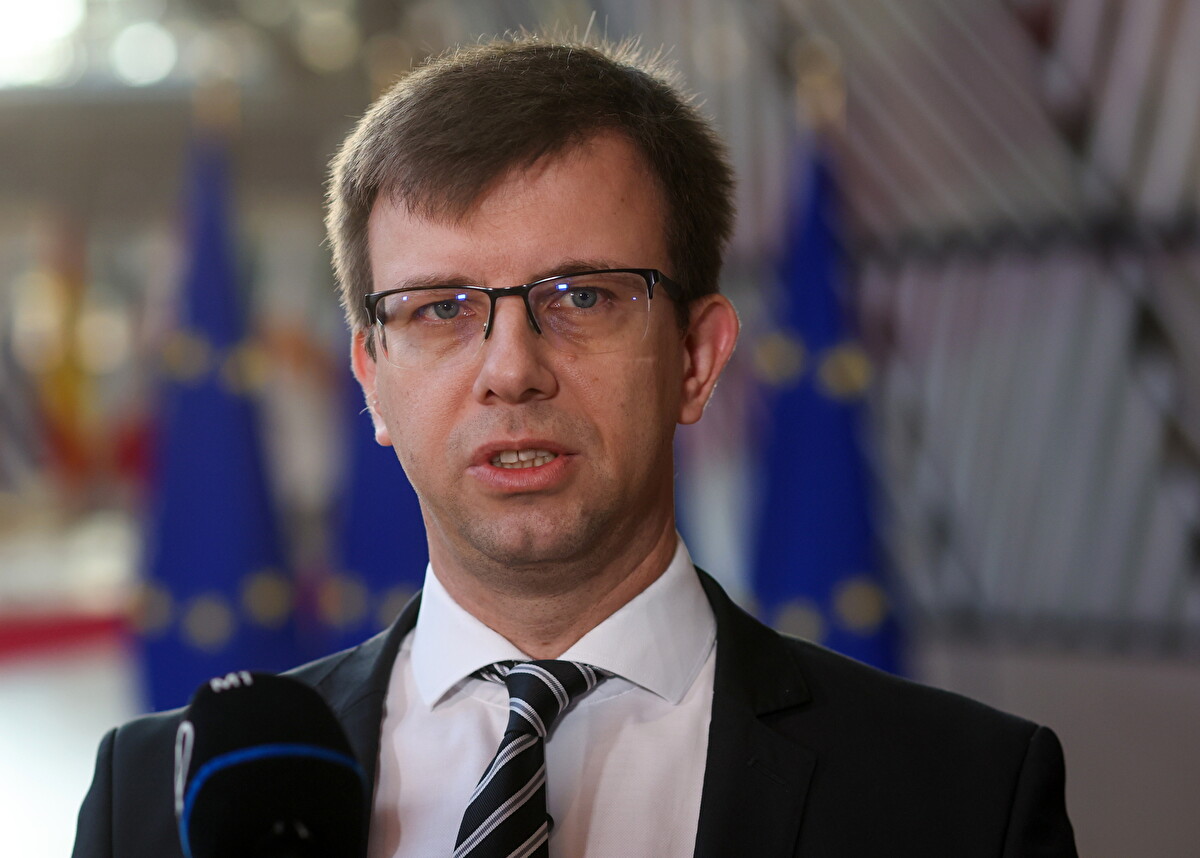The Nobel Prize in Medicine was awarded Monday to American scientists Victor Ambros and Gary Ruvkun for their groundbreaking discovery of microRNAs—small genetic molecules that regulate gene expression at the cellular level, unlocking potential breakthroughs in the treatment of complex diseases, including cancer.
In announcing the award from Stockholm, the Nobel committee praised the work of Ambros and Ruvkun as a “crucial advance” in understanding how organisms develop and function.
Ambros and Ruvkun’s early research focused on the genes controlling the timing of cell development, ensuring that different types of cells grow at precisely the right moment. Their discovery uncovered a previously unknown level of genetic regulation that is vital for complex life forms. The committee noted that this regulatory mechanism, based on microRNAs, has been critical to the evolution of organisms over hundreds of millions of years.
While RNA is commonly known for transmitting genetic instructions needed for protein synthesis, microRNAs function differently. Rather than directly producing proteins, these small molecules act as regulators, turning genes on and off at key moments to control cellular processes.
Ambros and Ruvkun’s pioneering work, conducted on mutant strains of worms, revealed a new class of genes responsible for producing microRNAs, a system that had gone unnoticed until then. According to the Nobel committee, their findings “introduced a revolutionary new principle in gene regulation essential to all multicellular organisms, including humans.”
Currently a professor of natural sciences at the University of Massachusetts Medical School, Ambros carried out much of his research at Harvard. Ruvkun, a professor of genetics at Harvard Medical School and a researcher at Massachusetts General Hospital, contributed to this transformative discovery from the same institution.
The discovery of microRNAs holds vast potential for targeting mutated genes, especially in cancer, where certain genes become hyperactive or defective. By directing microRNAs to cancer cells, researchers hope to silence malfunctioning genes, a strategy that could revolutionize cancer treatment.
Reacting to the news, Ruvkun called the Nobel recognition a “quantum leap” in comparison to other honors, while Ambros, equally surprised, stressed the importance of public investment in basic scientific research. “These discoveries,” he said, “come from scientific curiosity, funded by public resources. They lead to unexpected, sometimes life-changing breakthroughs.”
The prize will be officially awarded in December. Last year’s Nobel Prize in Physiology or Medicine went to Katalin Karikó and Drew Weissman for their research on mRNA technology that paved the way for COVID-19 vaccines. This year’s prize, valued at 11 million Swedish kronor (about $1 million), sets high expectations for upcoming Nobel announcements in physics, chemistry, and peace.












